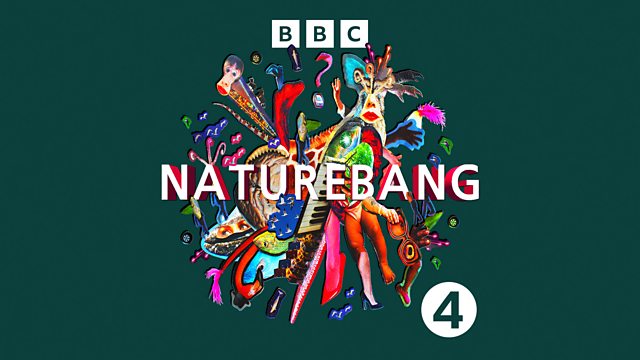Great Tits and Group Think
Becky Ripley and Emily Knight explore the sophisticated world of animal culture, via a forest full of great tits.
You may think 'culture' is one of those peculiar things unique to humans, like dancing to pop music or yelling at the TV. But you'd be wrong. Animals may not flock to the Opera, but they absolutely do have 'culture'; habits; traditions; ways of doing things that are passed down from one generation to the next. Animal culture has been studied in fish, mammals and even insects, and one of the longest-running studies is on a bird you might have spotted flitting around your garden, the humble Great Tit.
Becky Ripley and Emily Knight head into the woods, armed with delicious peanuts, to find out more about Great Tit culture. It turns out that these enigmatic birds have long traditions which are shared among the community, and once formed, they can be hard to break, even if they're not serving the birds needs any more. Innovative experiments with puzzle-boxes show that old habits die hard. The one thing that can break the deadlock of tradition and bring back innovative thinking is the arrival of new birds - ones which aren't beholden to the prevailing culture.
In the human world, it's well known that an influx of immigrants can have a profound effect on the prevailing culture, often bringing new ways of thinking and innovations in technology, or brand new cuisines. Becky and Emily explore one extraordinary example of this that emerged from the horrors of the Second World War. As German-Jewish scientists fled the anti-Semitic persecution of the Third Reich, they arrived on American shores with plenty to offer the established scientific culture.
Featuring Michael Chimento, post-doctoral researcher at the Max Planck Institute of Animal Behaviour, and Professor Petra Moser, professor of Economics at NYU Stern. Produced and presented by Emily Knight and Becky Ripley.
Last on
More episodes
Broadcasts
- Thu 12 Jan 2023 13:45麻豆社 Radio 4
- Tue 16 Jan 2024 09:30麻豆社 Radio 4
Podcast
-
![]()
Naturebang
Making sense of what it means to be human by looking to the natural world.


